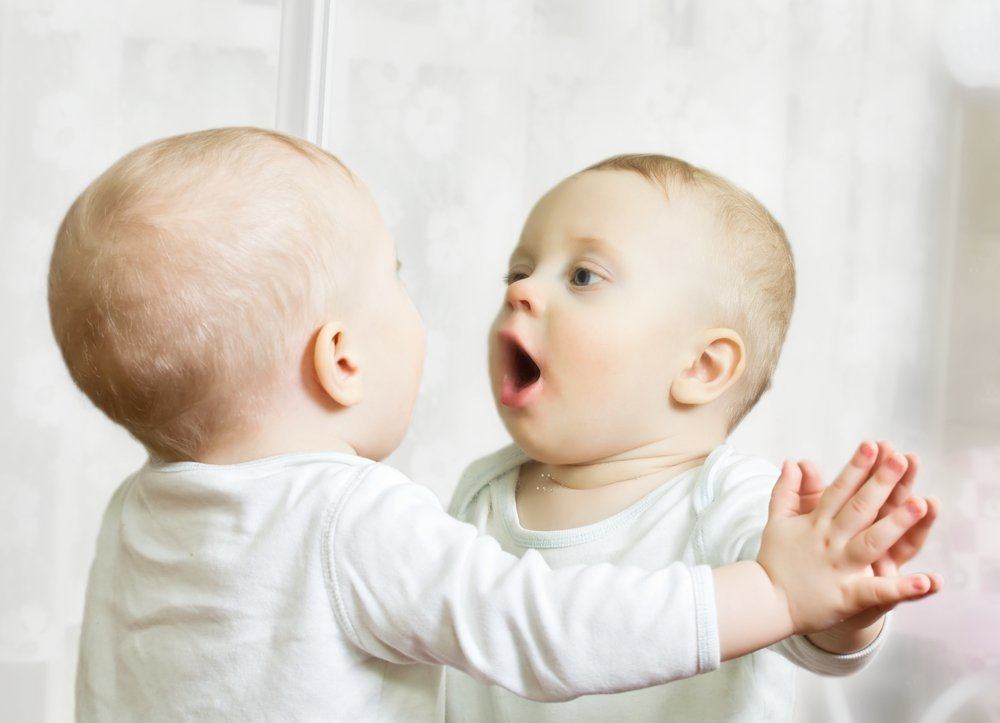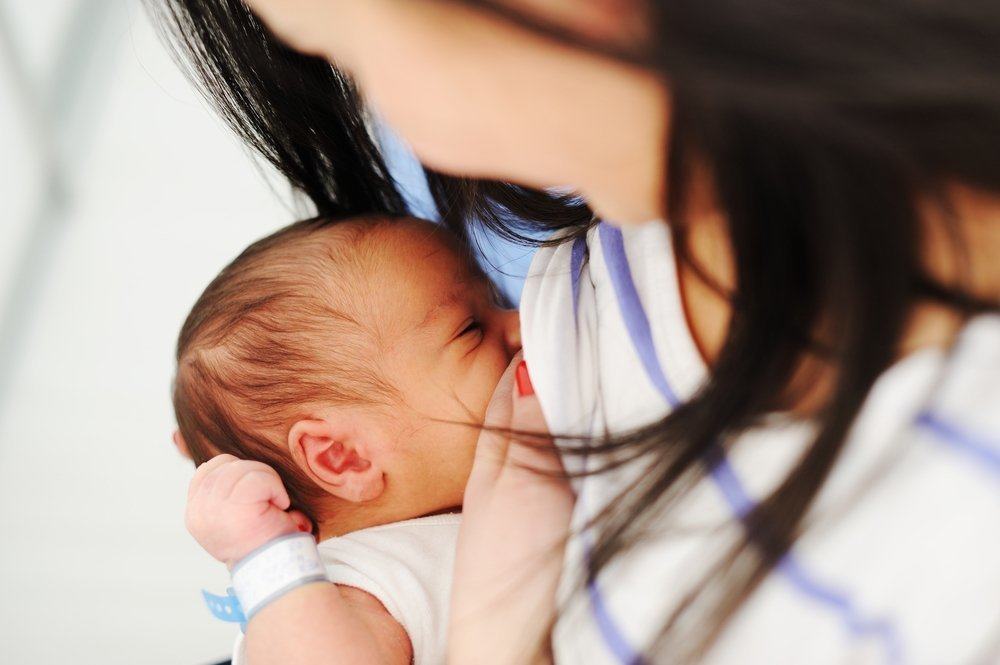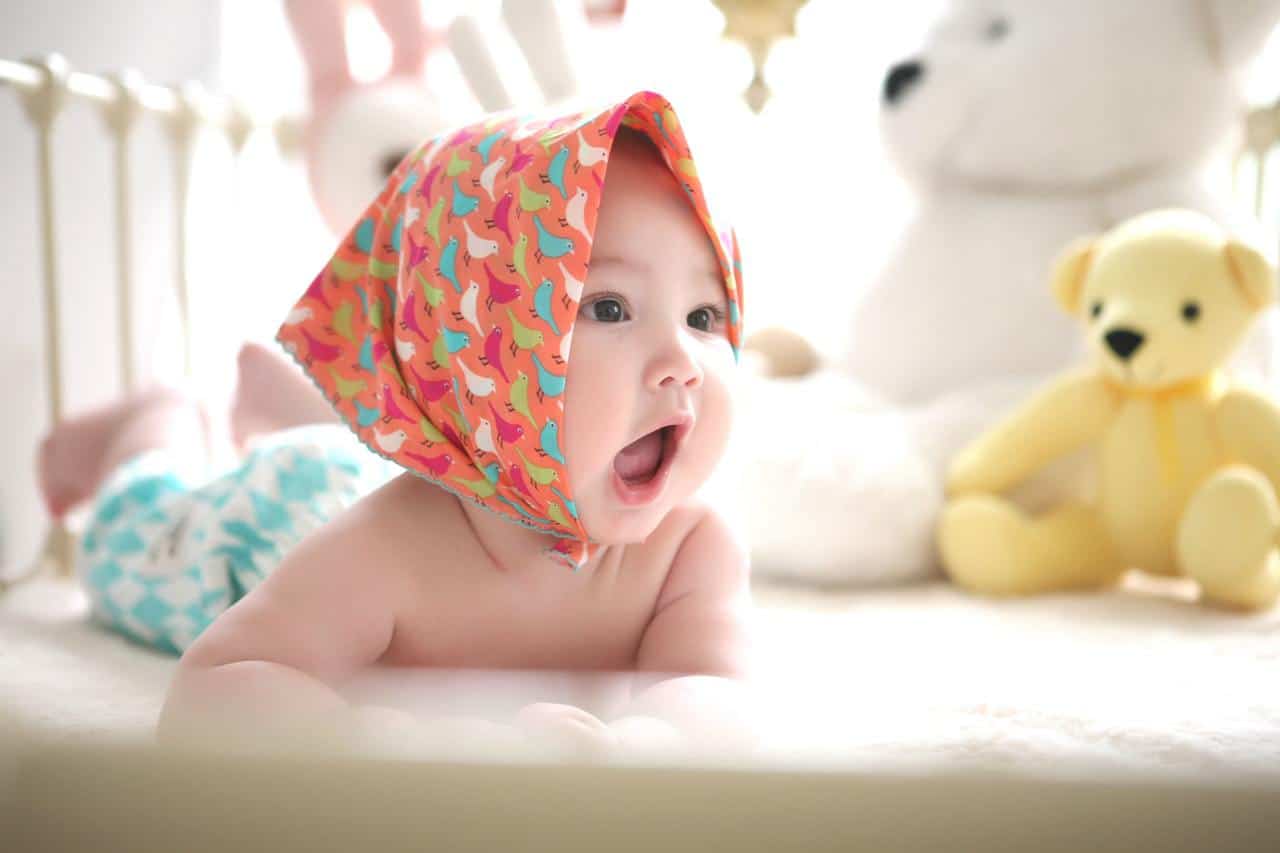Contents:
- Medical Video: What is MIRROR STAGE? What does MIRROR STAGE mean? MIRROR STAGE meaning, definition & explanation
- What is a mirror phase (mirror stage)?
- 1. Real phase
- 2. Imaginary phase
- 3. Symbolic phase
Medical Video: What is MIRROR STAGE? What does MIRROR STAGE mean? MIRROR STAGE meaning, definition & explanation
Mirror stage or fthe mirror is a psychoanalysis created by Jacques Lacan, a famous psychoanalyst from France.In his psychoanalytic thinking, Lacan explained the stages of human development which he put in an essay entitled Le Stade du Miroir. Mirror phase is the phase that occurs when babies are 6-18 months old. Mirror phase this offers an analysis of parents who in many ways completes the analysis of the development of a baby.
What is a mirror phase (mirror stage)?
In the mirror phase, when the baby sees the shadow reflected by the mirror, he will see and recognize himself. He began to distinguish himself from the people around him, for example by separating himself from his mother. He also considers that he is a whole unit. Through that vision, he also distinguishes himself from others. He considers that he is ideal, namely the whole self without any shortcomings. From that reflection, he creates his "self" or "ego".
However, what he actually sees is an image or image which is nothing more than a reflection. The image is not real. At that time, the baby experiences méconnaissance, which is an error in self-recognition. The perfect and complete image displayed by the mirror is never in line with the actual individual circumstances. Therefore, that stage is also known as the imaginary phase.
This mirror phase is one phase of the entire phase of human development, where maccording to Lacan, in its development towards "adult", a human being will go through three phases, namely:
1. Real phase
The real stage is the stages associated with the phase of need. A human being, in this case a baby aged 0-6 months, cannot be separated from his mother. Babies consider there is no difference between him and his mother because he does not yet have a concept or understanding of his own body. A baby is controlled by needs that can be fulfilled and satisfied by the object. For example, when a baby needs food, he gets milk from the breast or milk bottle. When a baby needs comfort and safety, he gets a hug.
In this phase, there is no need for a baby that cannot be satisfied. Babies do not recognize the difference between themselves and their satisfying objects because they are considered one entity. He does not recognize that an object, such as a breast, is part of another object (in this case is a mother) because he does not have any concept of the subject (himself) and object (other people).
2. Imaginary phase
This imaginary phase is called the mirror phase or mirror stage,which occurs when babies are 6-18 months old. At this stage, the baby begins to recognize the concept of the subject and object even though it is not fully. He thinks there is another 'I' in him, he realizes that outside of himself there are things that are not part of him, and that he is separate from these objects. Awareness of separation creates anxiety and feelings of loss. This makes the baby want to return to the initial feeling that he had felt in the real phase. Babies who initially have needs are now shifting to having demand. However, the request was never satisfied by the object.
When reflecting, babies see their images, then see the object, in this case is the mother, and return to the mirror image. Then the mother said that the image was 'me' in the baby so the baby thought that what he saw in the mirror was 'me'. However, in reality it is not himself, but only an image. This is what Lacan calls an identification which is a misunderstanding (méconnaissance) This is what causes why Lacan calls the mirror stage, which is associated as the request stage, as the imaginary phase.
In this phase, the concept of 'self' began to be created through Imaginary identification with images in the mirror. The mirror image that the baby mistakenly perceives as himself is called ‘Je-idéal ' (a complete 'self' whole that has absolutely no shortcomings). Je-idéal this is then internalized in the baby.
3. Symbolic phase
At a later stage, the baby begins to enter the symbolic phase which is characterized by the concept of desire and recognition of language. The symbolic area is the language and social structure that the baby must enter to become a talking subject to say 'I'. Language at this stage is a form of fulfillment from nothing. Babies who are in this phase use language to identify and communicate to fulfill their desires.
At this stage, the baby has developed and knows the concept of the subject and object as a whole. In this stage, also called the oedipal phase, the baby begins to recognize and demand fulfillment of what is called desire. However, this will never be fulfilled because there are things that hinder the fulfillment of these desires. Babies must follow the rules made by objects. In addition, the baby who in the previous stage is only aware of the separation from the mother, at this stage he begins to realize that there are things that separate him from his mother.
READ ALSO:
- 4 Important Facts About the Middle-aged Crisis (Midlife Crisis)
- 6 Signs of Mental Abnormalities in Children Who Cannot Be Ignored
- Know the Signs of Violence in Children












